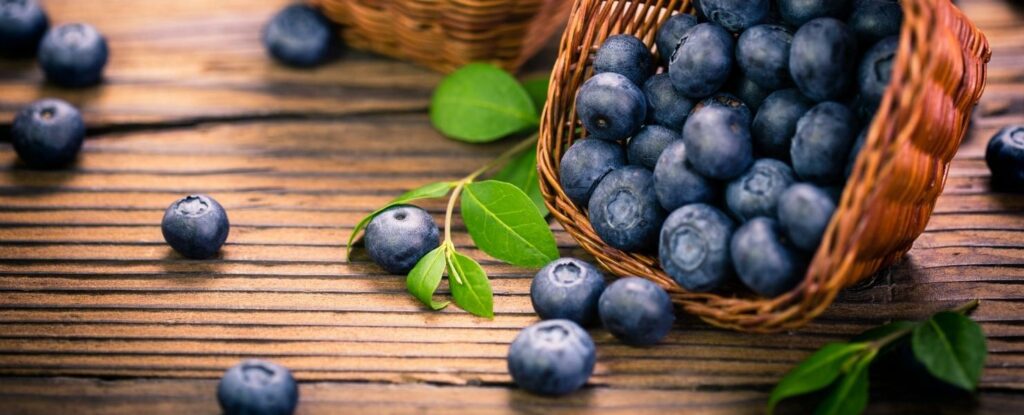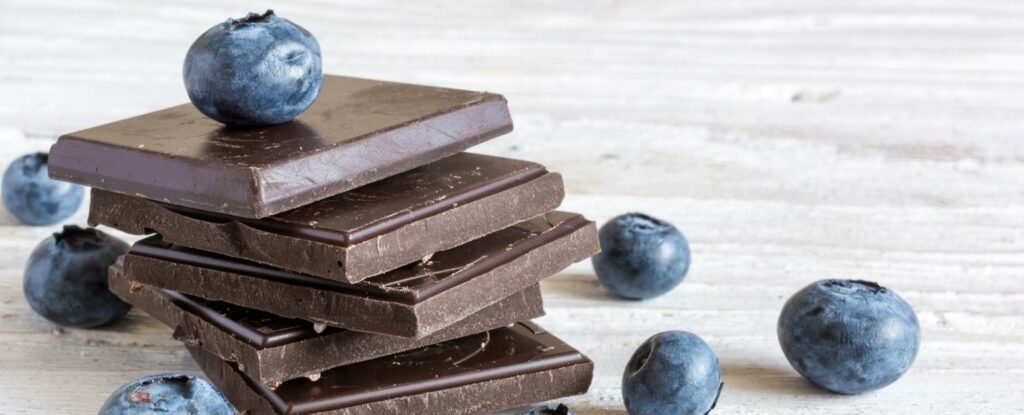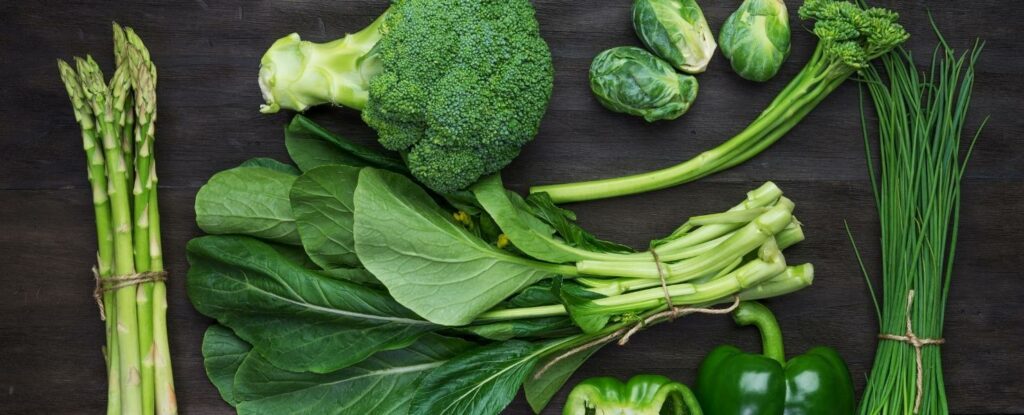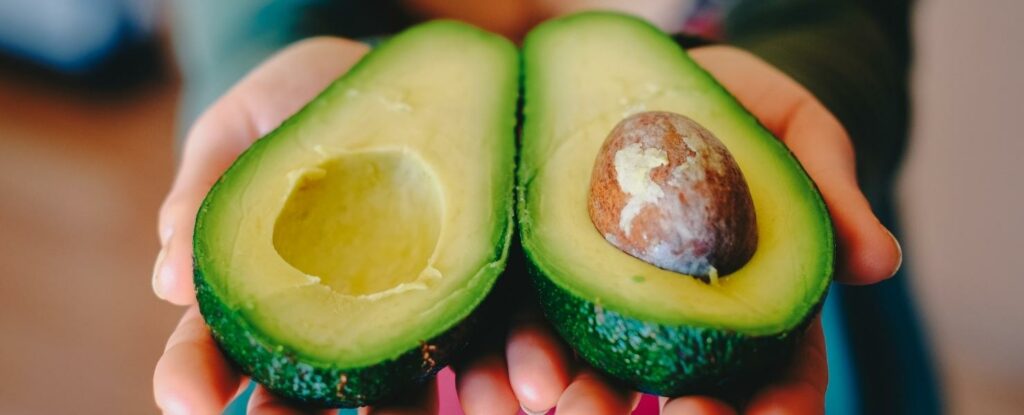You might know that eating certain foods are better for you than others, but you might not be aware of what exactly the food you’re eating is doing for your body, overall health, and mind. While some foods, like pumpkin seeds, are great for sleep and fending off anxiety due to the amount of magnesium found in them, others are incredible memory boosting foods with abilities to help your brain with memory and cognitive function.
In a study released in 2015, researchers at Rush University developed the MIND diet—a set of eating guidelines highlighting certain types of foods that specifically nourish and protect the brain and significantly lower a person’s risk of developing Alzheimer’s disease, even if the diet is not meticulously followed.
According to the study, some participants were able to slow their rate of cognitive decline by the equivalent of 7.5 years, and those who adhere most closely to the MIND diet could reduce their risk of Alzheimer’s disease by as much as 53 percent. Let’s take a look at these memory boosting foods and break down what makes them so special.
Berries

What makes the MIND diet different from, say, the Mediterranean diet, another diet known to improve cognitive and cardiovascular health, is the fact it includes blueberries.
“Blueberries are one of the more potent foods in terms of protecting the brain,” said Martha Clare Morris, PhD, one of the nutritional epidemiologists that developed the diet. According to her, strawberries have also performed well in past studies of memory boosting foods and the effect of food on cognitive function.
Dark Chocolate

Good news, chocolate CAN be healthy for you! It even makes our list of the 6 most delicious memory boosting foods! Research shows dark chocolate can boost mood, protect the brain, and improve memory and focus. There’s only a couple caveats – it has to be dark chocolate, and of course, like any sugary treat, it should be consumed in moderation. Dark chocolate is full of plant antioxidants called flavanols. These antioxidants open up blood vessels, which allows for more blood flow to the brain regardless of what age you are.
Cocoa’s flavonoids penetrate and accumulate in the brain regions involved in learning and memory, especially the hippocampus. Seniors who consume foods high in flavonoids, including dark chocolate, score better on standardized cognitive tests.
Green, Leafy Vegetables

The research doesn’t lie – eating your greens has a number of incredible health benefits, many of which are great for cognitive function. Leafy greens such as kale, spinach, collards, and broccoli are rich in brain-healthy nutrients like vitamin K, lutein, folate, and beta carotene. A 2018 study found that eating at least one serving (half a cup cooked or one cup raw) of leafy green vegetables every day was associated with slower decline in brain function.
“Food studies show that vegetables are important for reducing cognitive decline,” Morris said, “but green leafy vegetables show up in research as particularly protective, so we recommend people eat things like spinach, kale, collards, or romaine at least six times a week.” Try adding them to your smoothies, mixing with sauces, or eating them with your eggs if you’re looking for ways to get some extra greens in.
Walnuts

Walnuts, the kind of nut that looks like a little brain in itself, contains high levels of antioxidants, vitamins and minerals to improve mental alertness and can help protect the brain from degeneration and cognitive decline. Walnuts are an especially good memory boosting food in part due to their high amounts of alpha-linolenic acid. This type of acid is a plant-based omega-3 fatty acid, which has been linked to brain and heart health. Similar to berries, walnuts make a great snacking choice.
Salmon

Thanks to its omega-3 fatty acids, salmon is a major brain booster that not only helps keep your mind clear but also helps improve memory. By eating it at least once a week, you’re helping build membranes around each cell in the body, including your brain cells, which then improve the structure of brain cells called neurons. When looking at options at the store your best choice is to pick wild-caught salmon as farm-raised salmon is known to have higher levels of mercury and other toxins.
Avocados

Avocados have long been touted as a superfood for good reason, but did you know they were one of the best memory boosting foods? They’re filled with nutrients, minerals, vitamins B, C, and E, and healthy monounsaturated fats that help promote blood flow and aim to reduce blood pressure, one factor that’s linked with cognitive decline. Try adding a quarter of an avocado a day into your diet.
Final Thoughts on Memory Boosting Foods
The best thing about these 6 great memory boosting foods is that they are delicious! It would be one thing if we were recommending that you eat liver and onions every day, but blueberries, chocolate, and avocados? This is a diet that anyone can get behind! Of course, everything is best in moderation, so rather than putting together a full on ‘brain bowl’, just try to add one of the above foods to your next grain bowl!







